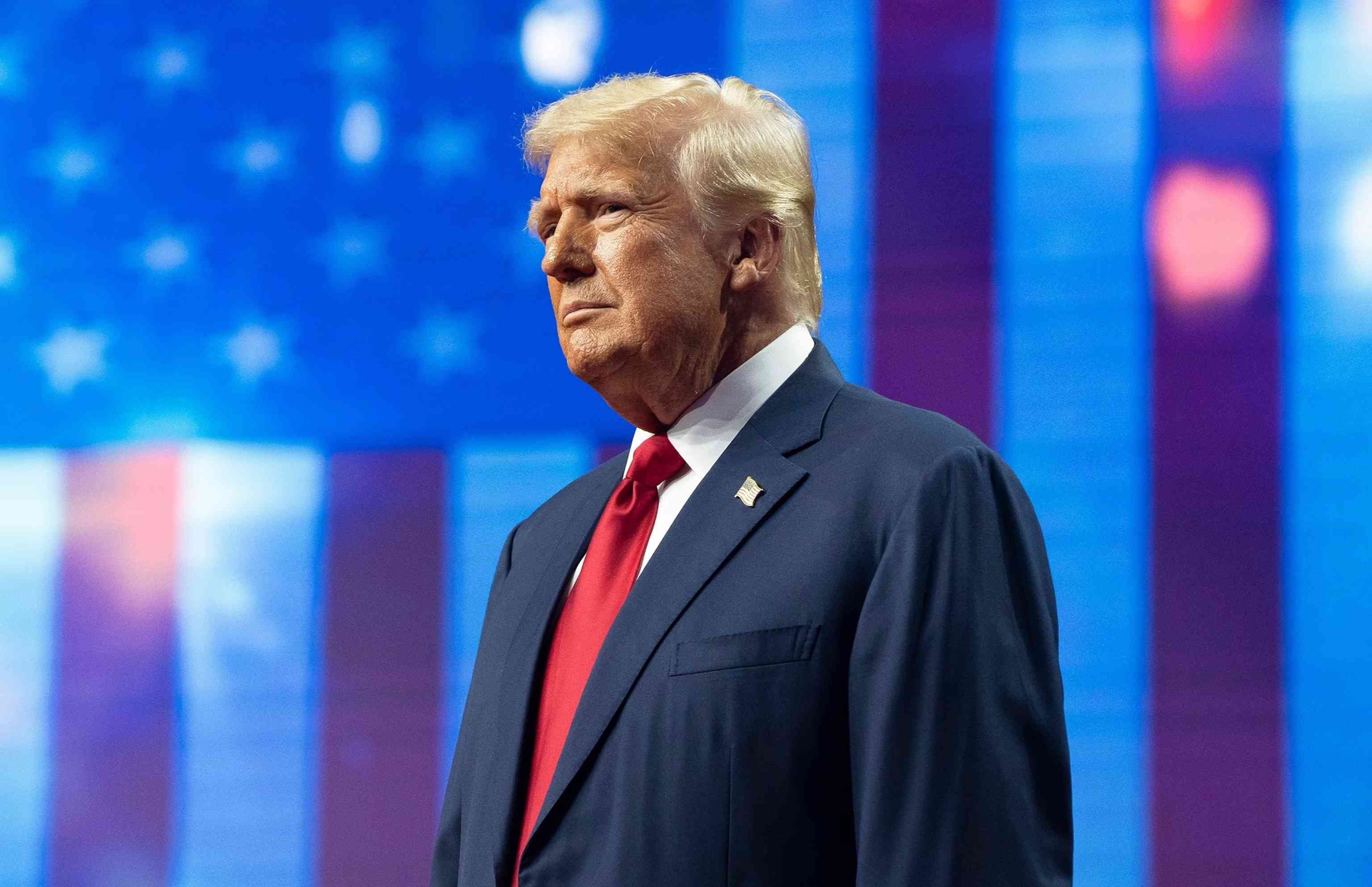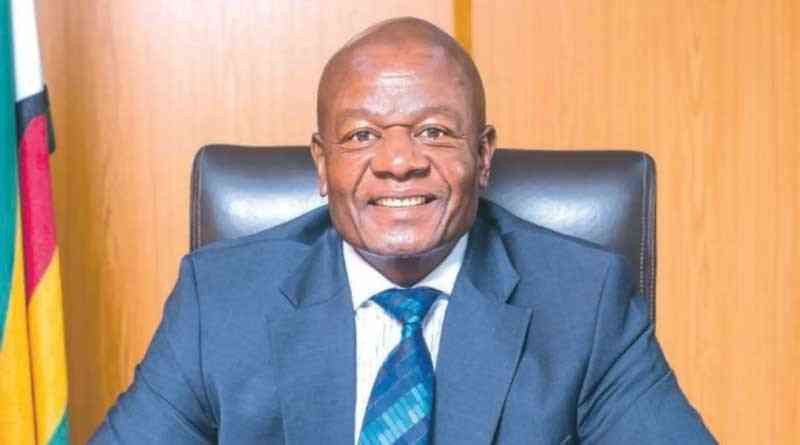
FIDEL Castro’s Cuba was the only country that did not sneeze when United States President Donald Trump, without warning, cut foreign aid, threatening millions of people’ lives in the developing world who depended on donated drugs for survival.
Trump, on Day One, issued an Executive Order that froze United States Agency for International Development (USAid) and other programmes that officially distributed aid to local and foreign institutions.
The US President argued that aid to both local and international partners should be tied to the America foreign policy and refocused towards the founding principles for USAid in 1961.
Among the projects affected was funding for health, agriculture, climate justice and education.
It became apparent that the US was sustaining global public health, availing nearly 40% of aid towards the developing world.
The action included the immediate halt of supplying and distributing life-supporting anti-retroviral (ARV) drugs to those infected by Aids.
There was an outcry that defaulting on ARVs will wipe out the gains made in combating the HIV pandemic.
Countries like Zimbabwe were caught naked on the funding of public health, education and climate justice.
- Letter from America: Is former president Donald Trump a hero or villain?
- Community trailblazers: Dr Guramatunhu: A hard-driving achiever yearning for better Zim
- Chidzivo, Tarakinyu clinch Kabag honours
- ‘Villarreal high on confidence ahead of Liverpool tie’
Keep Reading
It exposed the level of dependency on foreign aid despite public pronouncements of sovereignty on international platforms.
Immediate lobbying by the United Nations for a waiver on humanitarian assistance for ARVs to continue being distributed saved the day.
For the first time, the levels of Zimbabwe’s vulnerabilities were on show and our leaders’ incompetence and misplaced priorities on using public funds was exposed.
It was demonstrated beyond measure that Zimbabweans survive at the mercy of donors despite the country's rich mineral wealth resources.
It was embarrassing that Finance, Economic Development and Investment Promotion minister Mthuli Ncube at Davos, Switzerland, admitted that the freezing of USAid had a significant impact on health funding, but Zimbabwe would survive from taxes on French fries and burgers.
It is on record that the public health and education system in Zimbabwe is largely propped up by international aid.
Zimbabwe has over the years prioritised buying cars for the political elite and chiefs at the expense of public health and education.
Even in circumstances where Zimbabwe allocated the biggest chunk of its national budget to health and education sectors, more than 70% of the funds were for salaries and wages.
Pain killers, bandages, water, text books, writing pads, chairs and desks were considered a luxury that it could not afford.
It was a charge that our leaders passed on to donors.
Yes, Zimbabwe has been under sanctions for over two decades, but this cannot be an excuse for not funding our public health and education.
It cannot be a reason why public health and education was being privatised.
For argument’s sake, let’s contrast the Zimbabwe situation with that of Cuba that has been under United States sanctions for nearly 70 years.
Cuba has first-class public health and education systems built and financed by Cubans.
Cuba has trained more doctors per capita than some developed countries.
It actually has been exporting doctors to other developing countries despite the fact that it is also a developing country.
It has a robust public education system that produces some students in the top 10 of the world in mathematics and sciences.
Cuba makes its own generic medicines and offers top-notch medical services in its public hospitals.
To cap it all, it has even given training opportunities to teachers from other developing countries at its colleges.
When Trump issued the Executive Order on freezing aid, Cuba did not feel anything.
Life in Havana continued as if nothing had happened.
This was down to its ideology, spirit of hard work and committed leaders.
It’s leadership stupid!
The book, Why Nations Fail, demonstrates that development is a function of leadership.
Nations may have roughly similar climatic conditions, natural resources, but would develop differently based on decisions their leaders make.
It is interesting that Cuba, merely 90 miles from Florida in the US, has survived 70 years of sanctions and still managed to develop a world class public health and education system.
Castro may have chosen the easier route of privatising health and education, but because of his ideology he chose the high road of building enduring public health and education systems.
It is a public secret that Cuba does not have glass and mortar skyscrapers or luxury SUVs on its roads, but it remains a fact — its people have better education and health — ingredients for development.
Trump’s temporary aid freeze is a wake-up call to developing countries that depended on foreign aid that they now have to change policy.
Firstly, it has to be acknowledged that each country looks after itself.
Secondly, its foreign policy determines how it interacts with other countries.
It cannot be overemphasised that poor public health and education systems are an existential threat.
They are a social and security threat since they breed inequality.
As Parliament resumes sitting in 10-days’ time, it is important that honourable members debate what the US freeze aid means to Zimbabwe and how they can revise the 2025 budget to meet this new challenge which was not an assumption when the budget was crafted and passed.
Can the national budget survive another national assault from the Office of the President and Cabinet and National Council of Chiefs that exhaust their budgets within the first nine months of the year?
Is it prudent to keep heads of ministries, departments and parastatals who procured goods that were never delivered?
It cannot be over-emphasised that public finance management is the cornerstone of development.
Monitoring budget performance and deterrent sanctions on public leaders who abuse public funds are critical elements to achieve success.
Cuba has demonstrated it and it can be done to survive without foreign aid, particularly in the important sectors of public health and education.
- Paidamoyo Muzulu is a journalist based in Harare. He writes here in his personal capacity.










